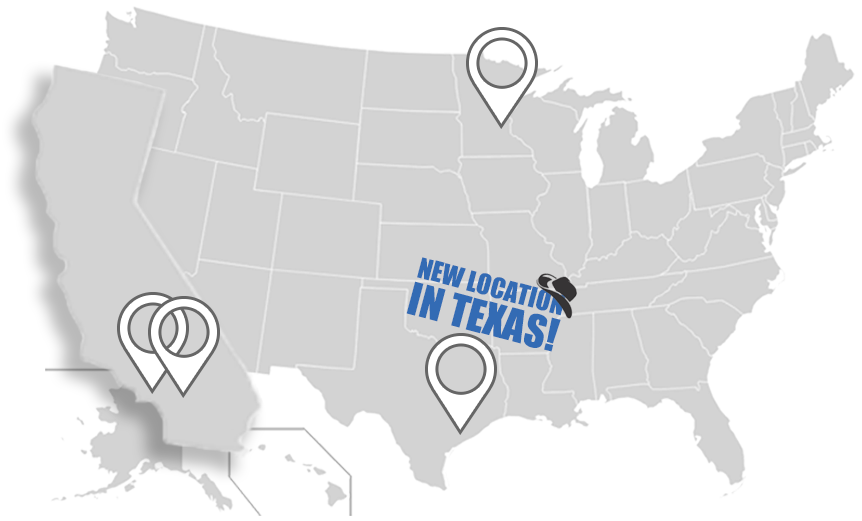Electronic data interchange (EDI) can improve your efficiency and provide numerous other benefits. However, you may encounter a few hurdles along the way. Understanding EDI and its various capabilities can help a company grow its business through its compatibility with large retailers.
What is electronic data interchange (EDI)?
EDI is a system through which two different organizations can exchange business documents using agreed messaging standards. With no requirement for human labor, businesses are able to send and receive various documents through this technology. Beyond supply chain management, EDI systems are used for tax reporting, administration, education, travel booking, and interaction between healthcare practitioners and insurance carriers.

Through EDI, computer systems can send and receive standardly formatted data while being 100 percent automated. With EDI, you can enter complex information from purchase orders (POs), invoices, advanced shipping notices (ASNs), or any other documents into your system.
To get more technical, an EDI message is typically called a transaction set. A set starts with a header and ends with a trailer. Between them are a data segment or group of data segments that contain information typically included in business forms or documents. Within the segments are elements that represent singular information, separated by delimiters, and lined up in a data string — typically called a data segment when referencing the whole thing.
What types of information are exchanged within EDI?
Within a supply chain management setting, the relevant data is typically the elements of information within purchase orders and invoices, such as the following:
- Model number
- Stock keeping unit (SKU)
- Quantity
- Price
- Ship date
- Address
- Terms
Replacement for fax, mail, and email
Due to the automated design of EDI, the purchase order is sent directly by the computer system of the customer to the vendor, with the vendor’s system automatically sending an invoice in response. This exchange is significantly more efficient than the traditional method of sending physical documents between parties, often encountering human error.
The benefits of adding EDI to your business
Beyond the savings in time and labor, there are many other benefits of EDI. It exchanges the necessary data with minimal error, to ensure your documents are being processed faster and more efficiently. Not only does it help save time and money, but EDI also reduces the carbon footprint through a transaction to digital from paper-based.
Most importantly, EDI is a requirement of many major retailers today. Transitioning to EDI will allow for growth opportunities within a business and allow for strong relationships with retailers.
What are typical EDI hurdles?
Although EDI provides a company with many benefits, occasional obstacles will arise too.
One of the biggest hurdles to overcome with EDI is the use of bad data. EDI should reduce your rate of errors in your documents. However, any problem that you can have with an invoice, purchase order, or any other type of business document can occur with EDI data – because you can always have bad data.
Data anomalies lead to impact on or suspension of an incredibly high volume of business transactions. For instance, you might accidentally duplicate a purchase order, or the wrong price might be listed on it. In other cases, a PO might include a product that is discontinued or out of stock.
Stronger data governance can mitigate the issue. You want the product availability dates, PO validity, and prices to be monitored within your EDI system through business rules.
While EDI does standardize data a great deal, there are still variations in transaction sets from one industry to another or one customer to another. The different business rules throughout your customers can get tricky.
Time to get on board
It is clear that EDI can be valuable to your organization. However, you want to avoid warehousing bottlenecks and other EDI-related problems. The best approach is to tap the expertise of specialists like our team here at Distribution Alternatives.
Let us help your business get on board with EDI so your company is ready to partner with large retailers as you grow.

